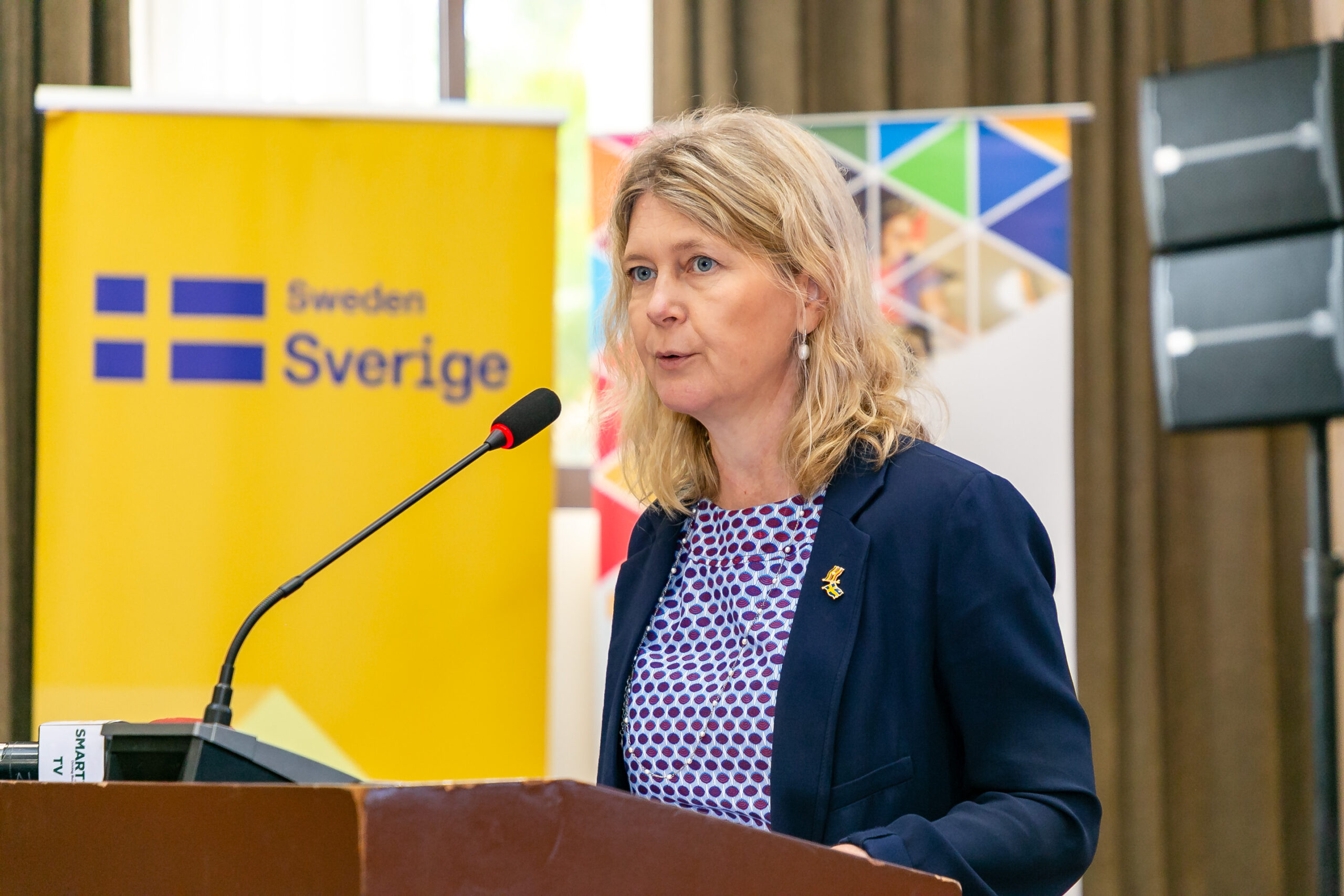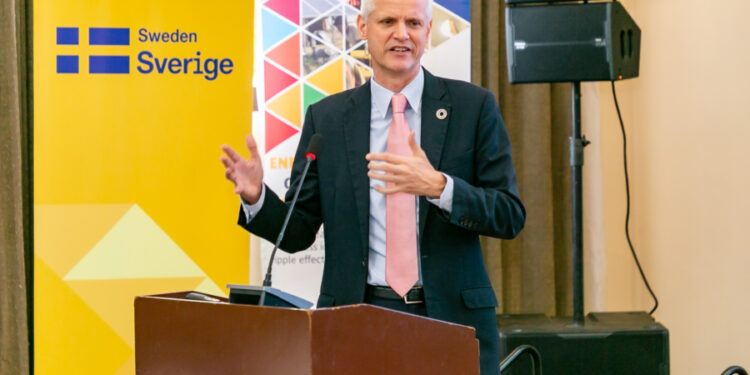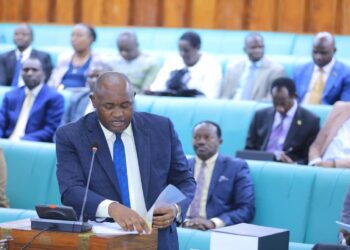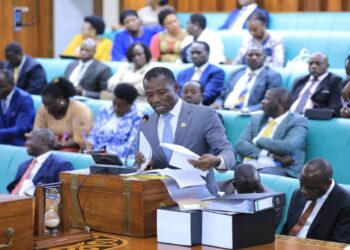A study conducted by the United Nations Capital Development Fund (UNCDF) and the Embassy of Sweden has shown that over 4.2 million Ugandans can now access clean energy.
The accessibility to clean energy, in turn, has reduced the deforestation, health risk associated with the use of fuel and firewood reduced, and most importantly it has created jobs for Ugandans thus improving the lives of people.
Speaking during the Renewable Energy Challenge Fund (RECF) Showcasing event on Wednesday at Protea Hotel in Kampala, the Inclusive Digital Economy Energy Lead, Africa, Asia and Pacific, UNCDF, Mr. Vincent Wierda said the adaptation of clean energy by local people has at least helped them to shift from traditional fuels, such as firewood, charcoal or Kerosene which directly contributed to mitigating deforestation and Carbon-dioxide emissions.
“Although at the start we faced some difficulties with the partnership with the Swedish Embassy, we have seen success. We have seen increased access by Ugandans to clean energy,” Mr. Wierda said.
He added that because of the increasing access to clean energy, mitigation of the climate-energy has been improved because of the different cooking solutions that have come on board.
“The energy program in Uganda is gradually improving currently focusing on cooking and lighting energy. We must note that digital technology has also helped to improve the accessibility to clean energy.”
The Assistant Commissioner Renewable Energy Department at the Ministry of Energy and Mineral Development, Mr. Ssekitoleko Simon Peter explained that the RECF partners have implemented innovations ranging from integration of PAYGO for larger and productive solar systems and clean fuels, last-mile distribution for hard-to-reach regions in Northern Uganda to the use of digital solutions to enhance operations efficiency.
Mr. Ssekitoleko further noted that through RECF from 2016 to May 2022, a lot has been achieved such as providing investments (grants) to 22 clean energy SMEs with half of these being Ugandan companies and 07 being women-owned.
“Over 780,000 clean energy products sold (solar products, solar-powered appliances such as fridges, water pumps and milling machines, energy-efficient cookstoves, briquettes, LPG and biogas). These have benefited 4.2 million people. RECF partners have collectively employed over 560 full-time and part-time salaried staff and over 2,100 micro-entrepreneurs and commission-based sales agents. Of which 43 per cent are held by women and 44 per cent by youths,” he said.
In the same way, Mr. Ssekitoleko thanked UNCDF- RECF for Increasing awareness of renewable energy solutions across the country.
According to Julius Magala, an official at UNCDF, from 2016-2022 over 786,000 clean energy products were sold of which 60 per cent were from women and 41 per cent from youth. 8,100 tonnes of briquettes were sold and 566 salaried jobs were created (43 per cent women and 44 per cent youth).
Also, clean energy solutions have saved over 197,500 tonnes of firewood and 130,000 litres of kerosene, over 2,000 Mwh of solar electricity generated. An estimated 1.49million tonnes of Carbon-dioxide emissions were prevented and over USD5.6 million cost-share by partners have been realised.

Her Excellency the ambassador of Sweden to Uganda, Maria Hakansson noted that since 2016 when the program began, there has been a great improvement and they are willing to continue supporting Uganda to make sure there is an increase in the number of Ugandans accessing clean energy.
“I Would like to reiterate that Sweden is a strong partner of Uganda in promoting access to clean energy. As you may know, we have signed a Memorandum of Understanding with the Government of Uganda on energy and besides this challenge fund, we are supporting a number of other energy projects notably, the Beyond the Grid Fund for Africa, Stanbic Bank Renewable Energy Guarantee and SNV- Inclusive Markets for Energy Efficiency in Uganda,”
The Ambassador added that there is a need for Ugandans to adopt the use of clean energy because 94 per cent of Ugandans depend on biomass energy for cooking yet biomass extraction like in many other parts of the world is associated with deforestation, carbon emissions and health risks.
“It is therefore, good to note that through this intervention 197,000 tonnes of wood fuel are estimated to have been saved and 1.49 million tonnes of carbondioxide avoided through the use of improved cooking solutions.”
Do you have a story in your community or an opinion to share with us: Email us at editorial@watchdoguganda.com













